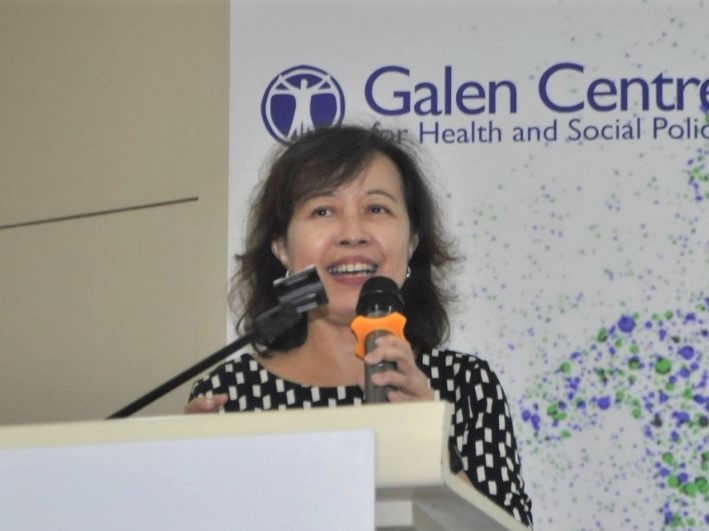KUALA LUMPUR, Feb 6 — Little exercise and consumption of char-grilled and creamy food are among several reasons why more Malaysians are getting cancer, said a Sarawak-based cancer support group.
The Malaysia National Cancer Registry Report (MNCRR) 2012-2016 recorded an 11.3 per cent increase in new cancer cases from 103,507 in 2007-2011 to 115,238 in the 2012-2016 period, and in Sarawak, a 5.8 per cent increase in cancer cases was recorded; there were 10,297 cases from 2012 to 2016 and only 9,734 cases from 2007 to 2011.
It also found that Chinese Malaysians, especially women, are more prone to getting diagnosed with most leading cancers when compared to Malays and Indians. The cancer registry further reported an increase of about five percentage points in cancers detected in the late stages, from 58.8 per cent of cases (31,020) in 2007 to 2011, to 63.7 per cent of cases in 2012 to 2016 (37,339).
Society for Cancer Awareness and Advocacy Kuching (SCAN) president Sew Boon Lui told CodeBlue that faster and better detections, as well as the mushrooming of more government health clinics, which refers patients to tertiary diagnosis, has caused, to an extent, the increase of cancer incidence diagnosis.
Sew, an advanced breast cancer survivor herself, added that Malaysian Chinese, by nature, are more forthcoming in getting a biopsy, and, hence, recorded more cancer cases.
“Chinese being workaholics by nature or by survival, face much stress and have little time to exercise. Besides this, the new affluent press-button and drive-to-the-doorstep lifestyle, rich grilled and creamy diets, are the key culprits as well.
“Undoubtedly, this kind of affluent lifestyle (unhealthy diets and sedentary lifestyle despite working hard) is affecting all ethnic groups, especially those living in big cities,” she said.
Besides this, those who experience signs and symptoms of cancer are still reluctant and continue to refuse check-ups out of fear of knowing that they have cancer, she added; hence, there is no proof of cancer or cancer is presented in later stages.
Sew — speaking on behalf of her committee and members, who assisted her in providing a response to the MNCRR 2012-2016 — proposed that the media and hospitals publish more medical warnings about how unhealthy lifestyles may increase the risk of cancer, so that people can evaluate their life choices.
Sew added that all women and men above the age of 50 who have not done any screenings, whether out of fear or otherwise, should be screened for cancer and have mammograms and colonoscopies done, saying early detection saves lives. The uptake of screening programmes should also be closely monitored, she said.
For men and women aged 25 to 59, the most common cancers for both genders are colorectal and breast, respectively, while for the 60 to 74 age group, colorectal cancer and breast cancer are the most common cancers, for men and women. Among Malaysians aged 75 years and above, on the other hand, colorectal cancer is the most common for both women and men.
Besides this, Sew said the Ministry of Health (MOH) and government hospitals should be at the forefront of collaboration efforts with private hospitals and cancer NGOs in promoting cancer awareness and early screenings.
“Cancer NGOs are typically voluntary organisations with lack of means (finance and human resources), and, as such, have limited influence and coverage, even when it comes to awareness education. More dialogue should be established to work out some mechanism to address society’s taboos and misconception towards cancer,” she said.
Sew also spoke of the five-year National Cancer Control Plan (NCCP), which she said “hardly anyone” in the public or even oncologists in private hospitals knew about. Oncologists in public hospitals, she added, are not even sure if the plan has ever been reviewed.
“Since there’s now a continuation of cancer statistics analysis once every five years — it started with the 2007-2011 period, followed by the 2012-2016 period, which the latest MNCRR reported on — some matching or correlation study should be done together with this five-year NCCP — though it’s not exactly at the same five-year interval — to see if actions are being carried out accordingly, or carried out just to meet KPOs (key performance objectives) but are not addressing the cancer health care needs effectively.”








